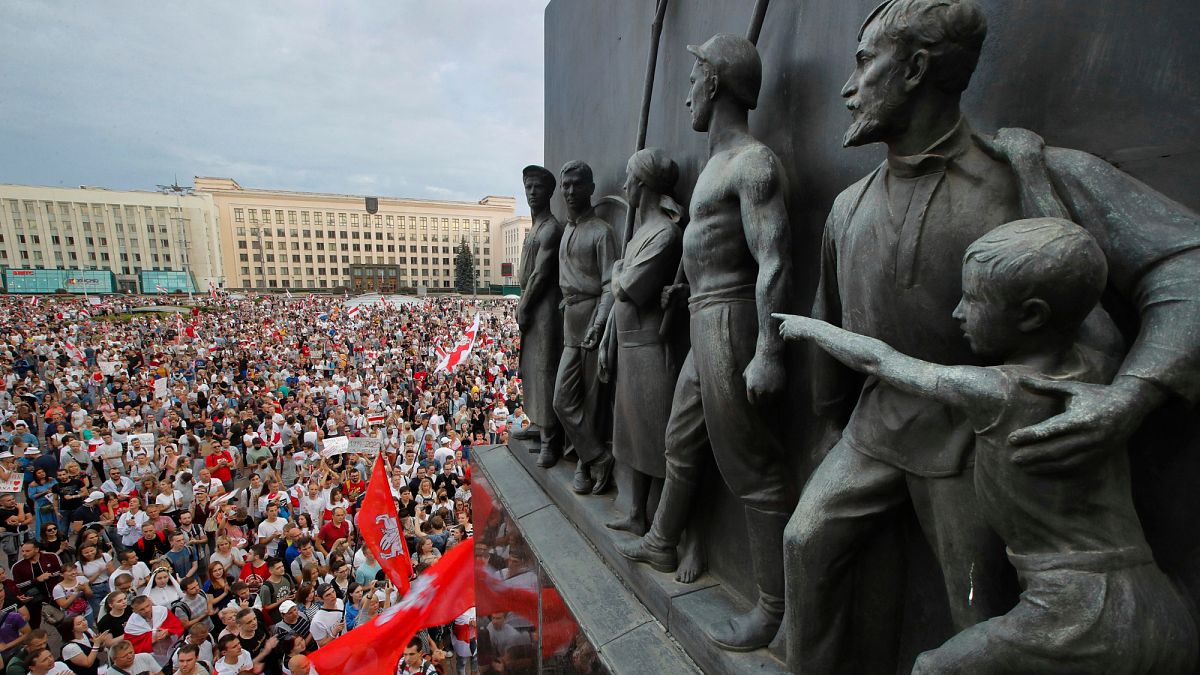

In recent news, a series of complex and interconnected political and security challenges have emerged across various regions, each presenting unique implications for human rights, national governance, and international relations.
In Belarus, there remains a continuous crackdown on dissent under President Alexander Lukashenko’s administration, suggesting a persistent trend toward stifling opposition. Since the contested 2020 presidential election, the authorities have sustained a campaign of mass arrests and convictions of government critics. Human rights groups, such as Viasna, have highlighted these actions as emblematic of the government’s ongoing suppression tactics. Efforts to curtail freedom of speech and assembly have drawn widespread condemnation from the West, laying bare the tensions between Belarus and international advocates for democracy and human rights.
Turning to Africa, the situation in Algeria brings another layer of concern for freedom of expression. A significant ruling by an Algerian court has upheld a five-year prison sentence for Boualem Sansal, a French-Algerian writer. This case has sparked unity among European lawmakers, who collectively call for Sansal’s release. Amidst growing pressure, hopes are pinned on the possibility of a presidential pardon by Abdelmadjid Tebboune, especially since Algeria’s Independence Day represents a potential milestone for legal mercy. The case underscores ongoing struggles regarding artistic and journalistic freedoms within the country and reflects broader challenges that activists face in expressing dissent within authoritarian contexts.
Meanwhile, in Mexico, the stark realities of cartel violence have surfaced once more in the state of Sinaloa, where authorities discovered 20 bodies amid intensifying conflict between the factions of the Sinaloa drug cartel. This grisly development marks the culmination of a particularly violent month in the region, pushing local law enforcement to grapple with the persistent violence that strains community security and trust. The state prosecutor’s office disclosed that some of the deceased had been found in harrowing conditions, signifying the brutal nature of cartel operations. Efforts by the government to address these violent episodes remain ongoing, with community leaders advocating for effective strategies to halt further bloodshed and restore peace.
In an interconnected global challenge, the United States has paused certain shipments of weapons to Ukraine due to concerns over declining stockpiles. This move reflects a re-assessment of priorities under the current administration, which has prompted a critical pivot in military support for Ukraine. As the Ukrainian government contends with escalating attacks from Russian forces on its territory, the decision emerges from a backdrop of strategic recalibrations within the US Department of Defense. This development emphasizes the delicate balance between aiding an embattled ally and ensuring national security preparedness.
Indeed, these unfolding narratives collectively highlight the complexities of managing state sovereignty, international alliances, and the ongoing fight for human rights and security across different geographical arenas. As these stories evolve, they remind the global community of the interconnectedness of regional conflicts, the shared responsibility for humanitarian advocacy, and the steady march towards a more peaceful and equitable world.
Source: {link}
